A History of Sacred Music by Women course
Music has played a key part in the Church’s worship, but most of the composers we associate with its development historically are male.
Yet women of faith have always composed, just as they have always sung and played music from the earliest times. Beginning with the soaring plainchant of the visionary tenth century Benedictine Abbess from Germany, Hildegard of Bingen, this course will chart the rich history of women’s involvement in creating sacred music from the very beginning of its western tradition.
From the polyphony of Raffaella Aleotti (1575-c.1649), an Augustinian nun from the convent of San Vito in Ferrara in Northern Italy, whose book of motets published in 1593 are the earliest sacred compositions to be credited in print to a woman, to the masses of Joseph’s Haydn’s pupil Marianna Martines in 18th century Vienna, we will consider how faith has inspired these women to write beautiful and powerful music that moves us and reveals something of the nature of God.
We will consider the sacred choral works of nineteenth and twentieth century composers such as Rebecca Clarke, who was taught by Stanford and Imogen Holst, to explore how women composed sacred music in different periods and their settings of sacred texts. Many of these women were celebrated and revered in their own day, but have been largely excluded from the canon of sacred music until now. Together we will consider how their lives and work expand our understanding of sacred music.
This course is intended for anyone interested in how women composed sacred music in different periods of history and in their lives and work. Participants will be encouraged to consider their own spiritual responses to the music we listen to and discuss, and how these composers related to the musical styles and religious contexts of their day.
About the tutor
Anna Macham is Canon Precentor of Salisbury Cathedral, where she is responsible for the Cathedral’s liturgy and music. Previously she was parish priest of St Philip’s Camberwell, an inner-city parish off the Old Kent Road in South East London, and before that was Succentor at Southwark Cathedral and a Chaplain at King’s College London.

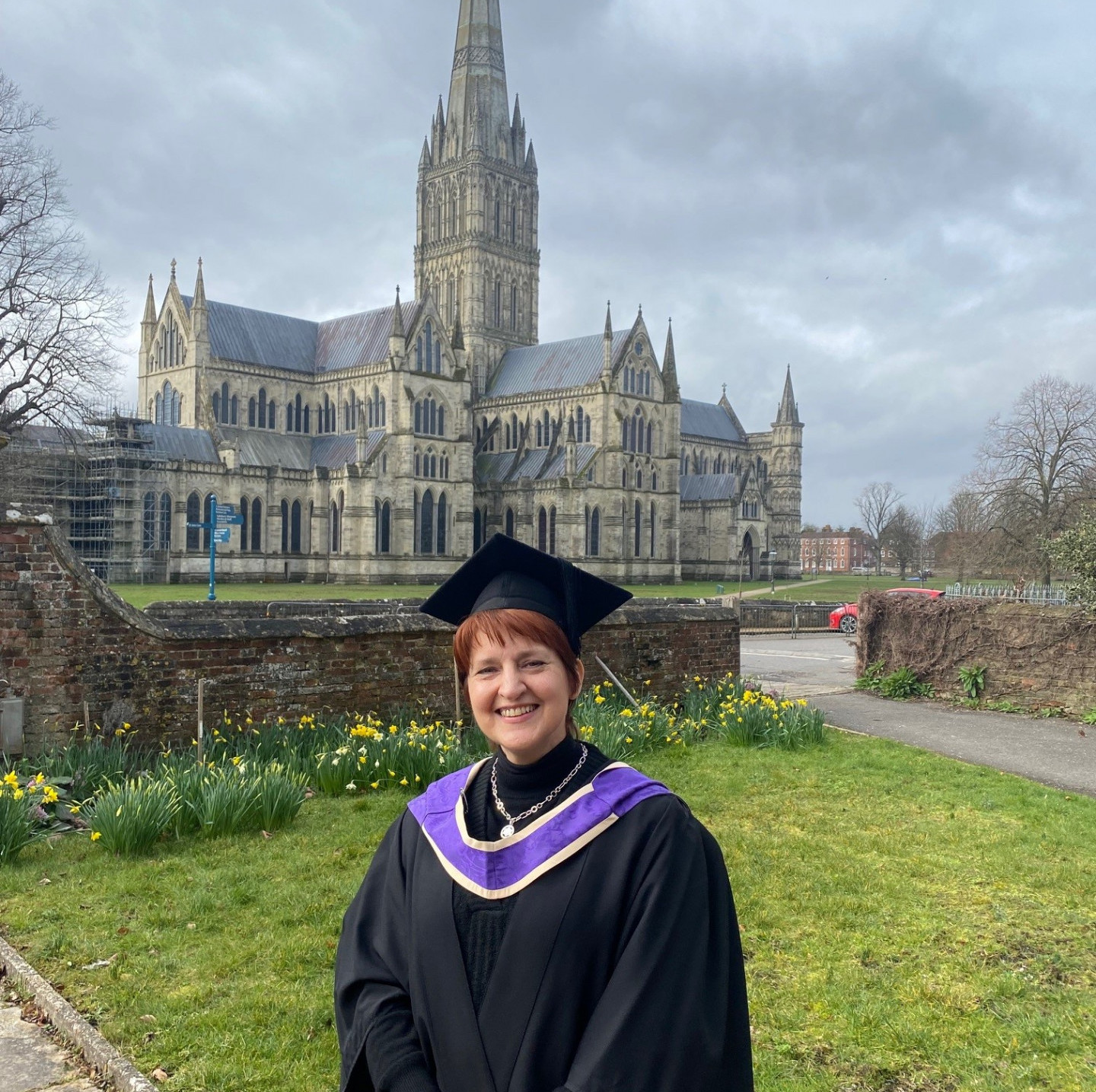
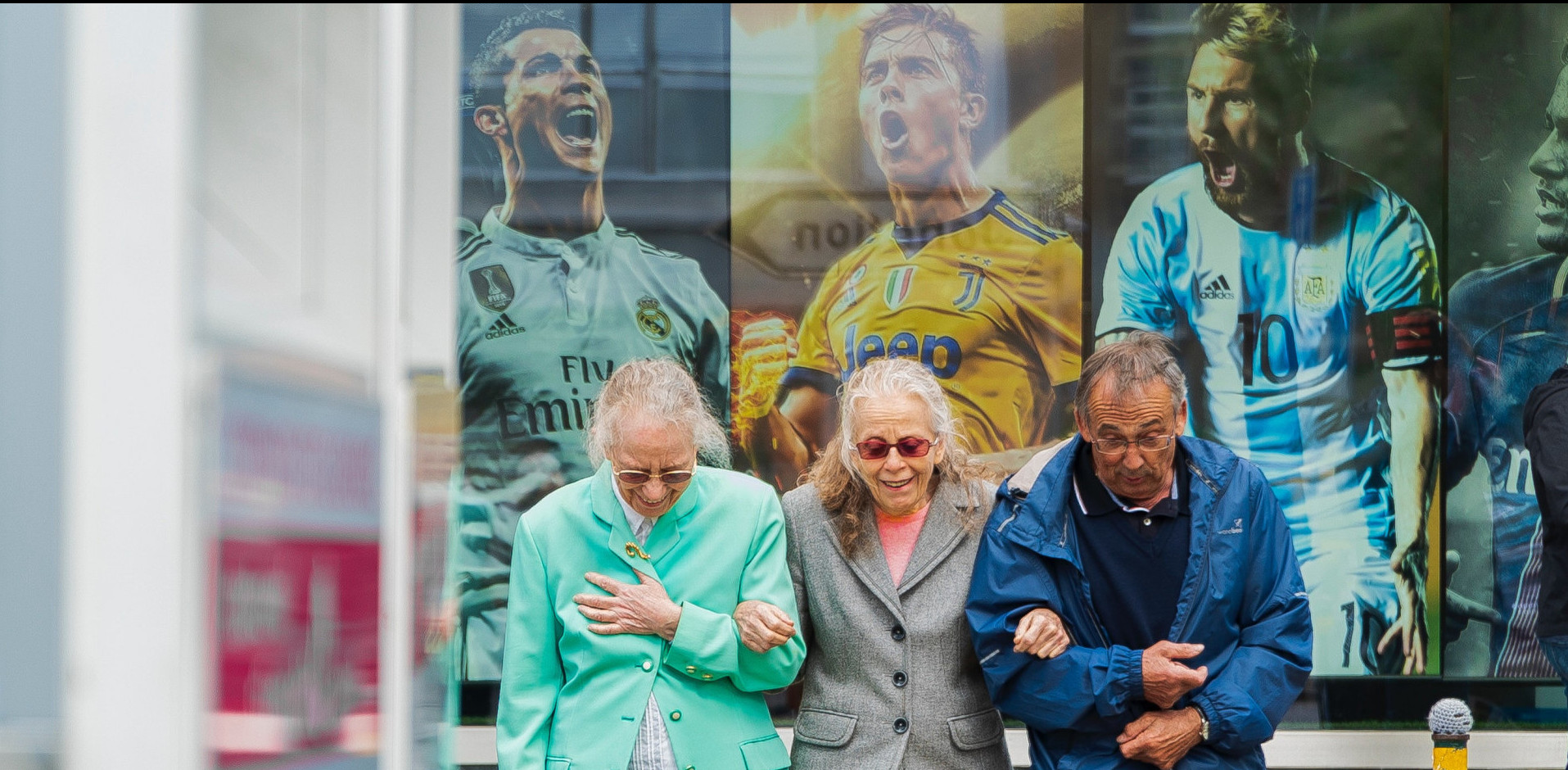
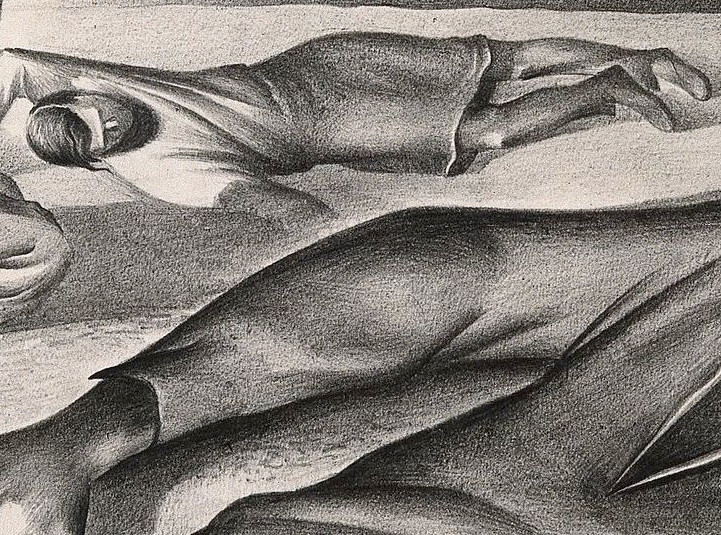
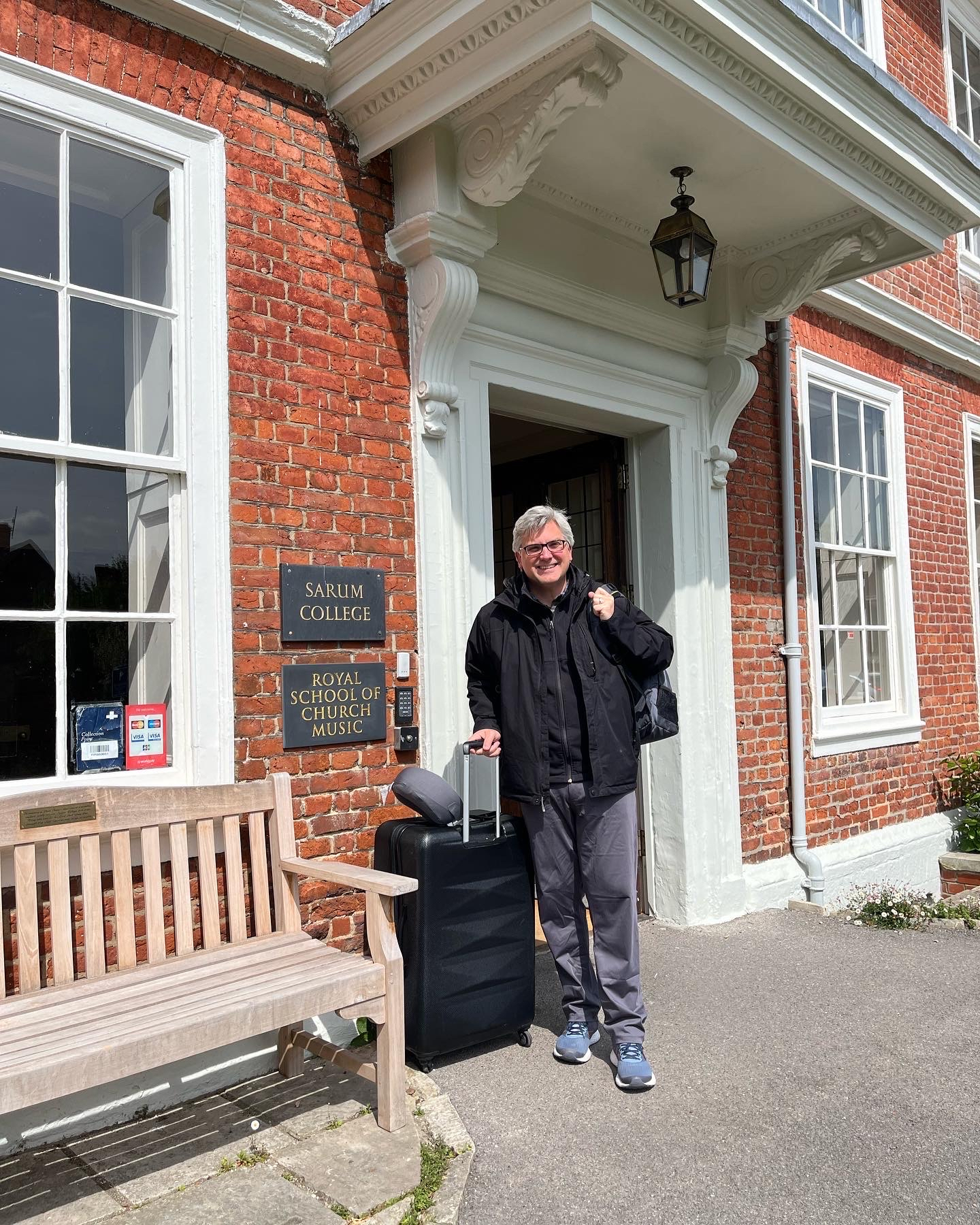
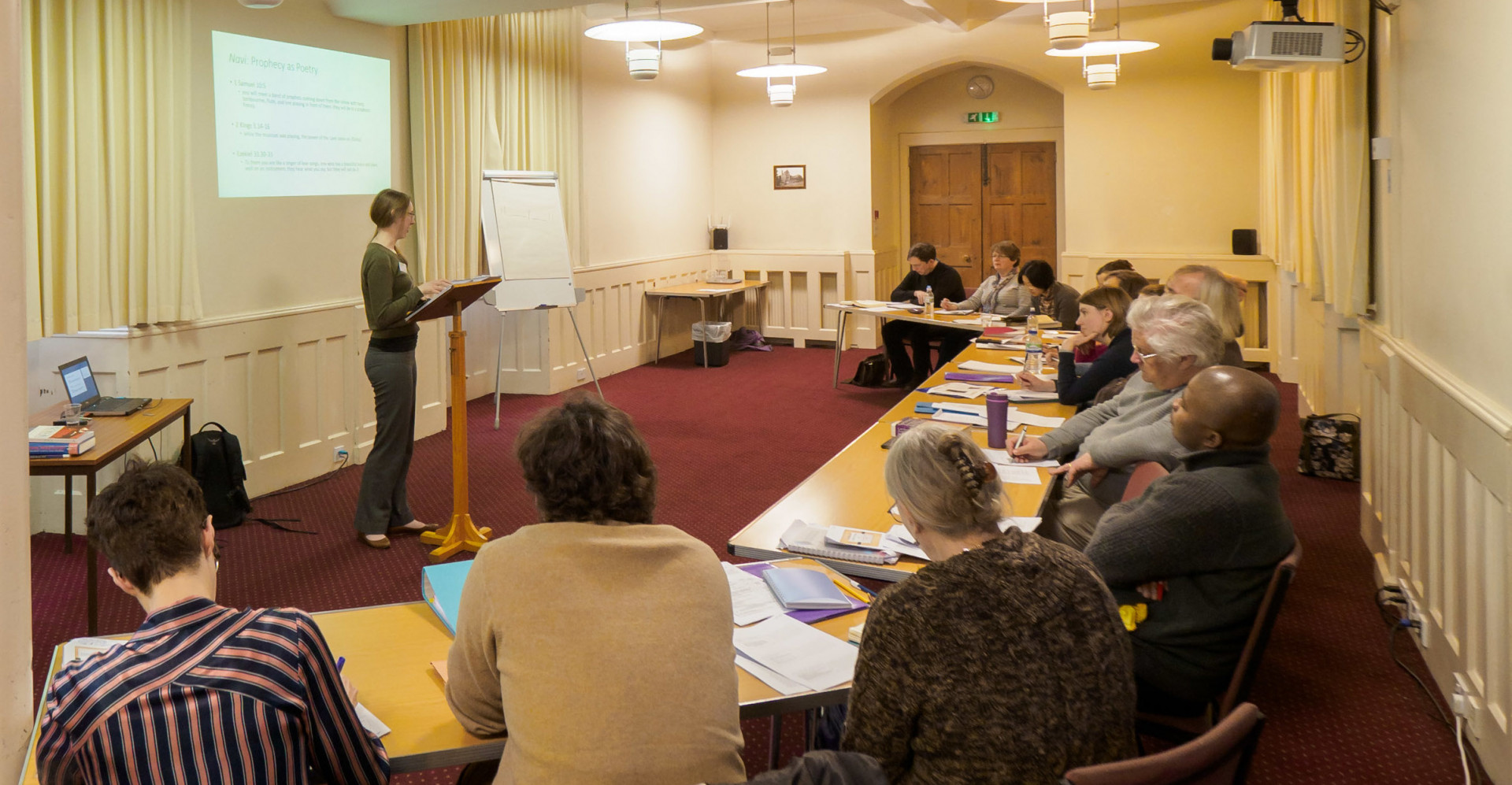
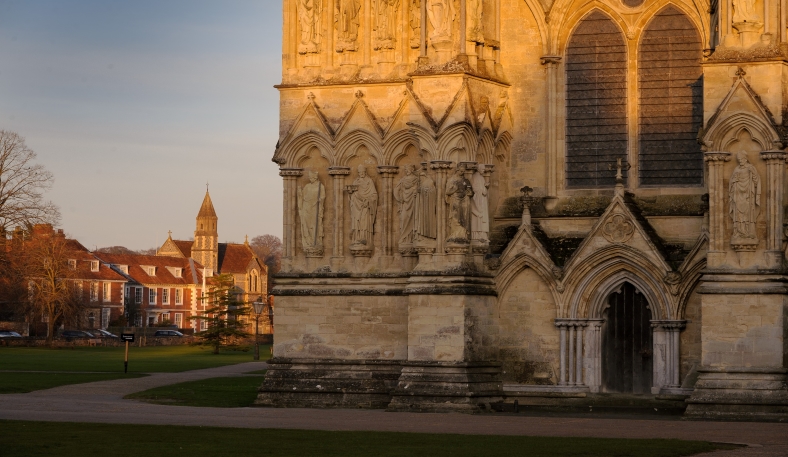
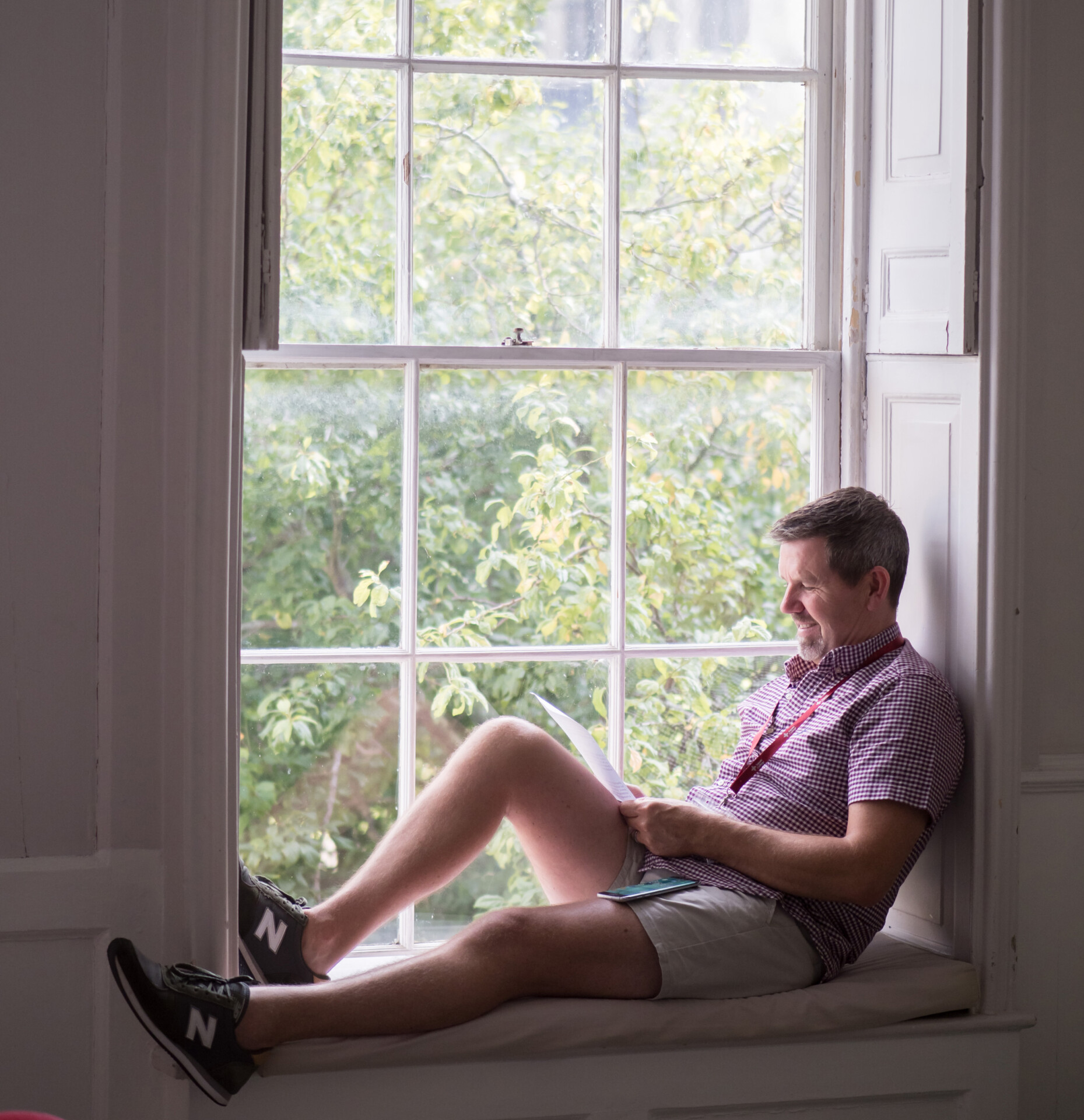





Leave a Reply